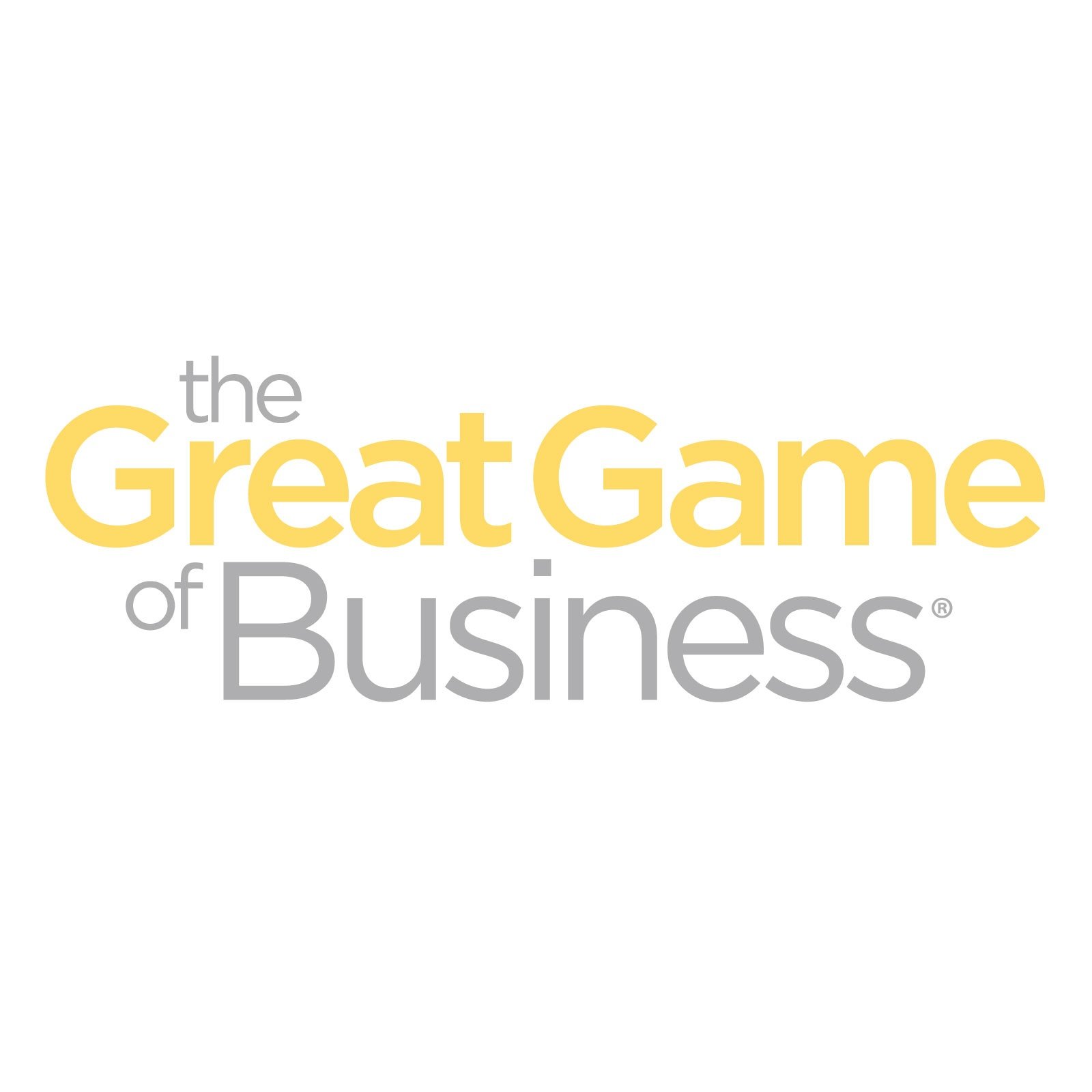 The success of companies like SRC and other practitioners of the Great Game of Business continues to draw the curiosity of academics not just in the U.S., but also those around the world interested in decoding the secrets of what makes open-book companies tick. Here is a small sampling of some of the universities who have recently done research on The Great Game of Business:
The success of companies like SRC and other practitioners of the Great Game of Business continues to draw the curiosity of academics not just in the U.S., but also those around the world interested in decoding the secrets of what makes open-book companies tick. Here is a small sampling of some of the universities who have recently done research on The Great Game of Business:
Recently, we spoke with Rick Katier, an MBA student at the University of Twente, in the Netherlands, who just completed a masters’ thesis titled, “Why Does the Great Game of Business Program Work?”
Through his research, Rick identified five key drivers to GGOB success:
- Teaching business literacy
- Playing MiniGames
- Empowering employees and holding them accountable
- Setting goals with employees
- Implementing bonus programs and employee ownership
GGOB spoke to Katier to learn more about his research findings:
Q: What inspired you in starting your research?
RK: I am interested in studying principles connected to change management, especially in the way people get motivated in how they deal with change in organizations. I would like to know how to engage people actively with an organization and how you can motivate them to get the best out of themselves and how the organization should facilitate the employees to get the best results.
Q: How did you learn about the GGOB?
RK: I first learned about the GGOB back in 2012 from my thesis advisor, Bianca Groen. I thought the program had great potential. One of the reasons why I was enthusiastic from the beginning was that it all seems so logical; you don't need a lot of experience in business to follow the principles of open-book management.
Q: Tell us about how you tried to answer that question through your research.
RK: I examined a total of 64 companies to analyze which aspects of the GGOB were most closely correlated to improved performance by an organization.
Q: And what were your key findings?
RK: I found that the most impactful aspect of the GGOB on the success of an organization is teaching financial literacy to associates. As a result, employees are asking better questions, they are able to understand how their organization generates money, and they are able to make better decisions. The second biggest driver of success in the GGOB is playing MiniGames since it makes situations and problems easier to handle. As such, situations and problems are made practical and applicable for each employee within the organization. Empowering employees and making them accountable was also very important to the success of the GGOB in that it helps an organization’s associates think and act more like owners.
Q: What other key takeaways did you identify?
RK: Goal setting, which helps create associate commitment to making those goals as well as creating an incentive to improve forecasting skills, and the introduction of a bonus program, were also very important. By offering employees a direct financial stake in the organizational performance, they will become more motivated to improve the practices and procedures.
Q: What are some of the barriers organizations face in implementing the GGOB?
RK: I found that smaller organizations tend to have an easier time implementing the principles of the GGOB as a whole. But the longer an organization continues to play the Game, the more aspects of it they begin to embrace and implement.
Q: Are there any reasons an organization shouldn’t be able to play the GGOB?
RK: I can’t think of any legitimate reason why any organization couldn’t harness the power of the GGOB for their benefit. But I would love to pursue additional research on how different nationalities and cultures, says between the U.S. and Europe, might impact the adoption of GGOB principles.
Q: Did conducting this research have any impact on you personally?
RK: The whole process of doing research and writing this thesis has been a very interesting experience for me. I have learned more than I could have imagined when I started this study. As a former treasurer of an investment study association, I was used to looking to the financial situation of an organization. But it still surprised me that linking the financials of an organization back to the individual employee was much easier than I imagined.
Rick Katier finished the Master in Business Administration, specialization in Service and Change Management at the University of Twente in July 2013. Currently, Rick participates in a high potential program from the Dutch national government. He is still very interested in change management and always looking for opportunities to apply the experience of his research in his daily work.
.png)









.png)




-5.png)
.png)
